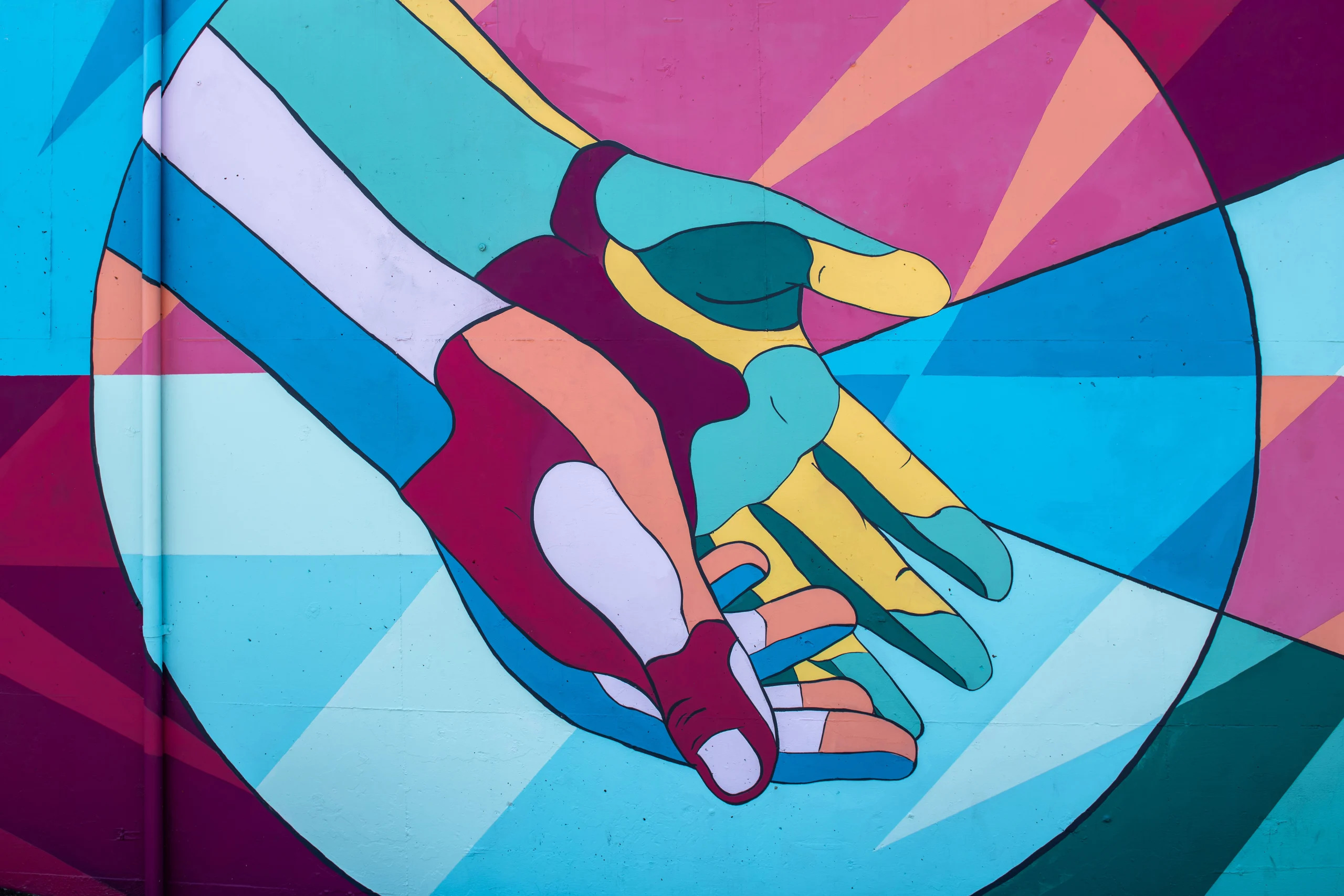In addition to working on ourselves as individuals, relationships also take work in order for the parties involved to feel satisfied, nourished, and whole in their romantic or intimate partnerships.
There are times in a relationship when we may feel we’re not being understood or seen by our partner, that they don’t respect us, or that they aren’t meeting our basic needs for intimacy. At other times, we may feel resentment in our relationship, anger at our partner, or find ourselves wanting to shut down or retreat.
When any of these situations happen, it can create a divide in our relationship where we feel disconnected, frustrated, sad, or lonely. The good news is that relationship issues can be solved, especially if you decide to do the work under the guidance of a same-sex couples therapist. Gay couples counseling can help to break down those walls and allow us to feel closer to our partners again and become once again part of a healthy relationship.
Gay couples counseling, also known as LGBTQ+ couples therapy, is a safe and supportive space where individuals in same-sex relationships can seek guidance, understanding, and healing. Just like any other relationship, gay and lesbian couples encounter their own unique set of relationship challenges, and this form of counseling is specifically designed to address these complexities with empathy and expertise.
Gay couples counseling can be a place for:
Oftentimes, couples just really want to be “seen” by each other. Even if the actual situation isn’t necessarily fully solved, couples counseling sessions can bring the partners closer together and improve their emotional intimacy.
Gay couples experience the common issues that heterosexual couples often face. However, they also have to overcome unique relationship challenges specific to being members of the LGBTQ community.
Below you’ll find some of the most common differentiations, which make our relationships unique and may require specialized consideration and attention when providing relationship therapy:
Affirmation and validation: Gay couples therapy often focuses on providing a safe and affirming space where individuals can explore and express their identities, experiences, and challenges without fear of judgment or discrimination. Relationship counselors may actively validate and affirm the diverse identities and relationship configurations within the LGBTQ community.
Understanding the unique challenges: LGBTQ couples may face distinct daily challenges due to societal prejudice, discrimination, and minority stress. Therapy can help couples navigate these challenges and develop resilience and coping strategies. Gay couples counseling may explore topics like coming out, gender roles, dealing with family reactions, managing internalized homophobia or transphobia, and addressing external societal pressures.
Cultural competence: Professional counselors working with LGBTQ couples should have a strong understanding of LGBTQ history, terminology, and the unique issues faced by this community. Culturally competent therapists can help clients navigate the complexities of gender and sexual identities and create an inclusive therapeutic environment.
Relationship dynamics: Gay and lesbian relationships may have different dynamics and structures compared to heterosexual relationships. Therapists need to be knowledgeable about the various relationship configurations within the LGBTQ community, such as same-sex relationships, non-monogamous relationships, or relationships with transgender individuals. They can help couples explore and navigate these dynamics in a way that aligns with their values and relationship goals.
Sexuality and intimacy: Therapy for LGBTQ couples may pay particular attention to sexual orientation, gender identity, and the impact they have on the couple's sex life and intimacy. Discussions about sexual compatibility, sexual health, exploring desires and boundaries, and addressing any concerns related to sexual functioning or dysphoria may be more common in gay couples therapy.
Community support: Gay couples often find support and strength in their community. Therapy can help couples connect with LGBTQ resources, support groups, and affirming social networks. It may explore the couple's relationship with the broader LGBTQ community and how community involvement can positively impact their well-being.
The purpose of our LGBTQ platform is to provide a safe and inclusive space for individuals and couples who identify as part of the LGBTQ community. Our aim is to match LGBTQ therapists with clients to help them access counseling services tailored specifically to their unique needs and experiences.
Our platform is committed to matching LGBTQ clients with therapists who are not just qualified, but also sensitive to the unique issues and challenges faced by individuals within this community. We select available therapists using parameters such as specialization, experience, certifications, and location. We also take into account factors such as language fluency and cultural sensitivity.
Our therapists have expertise in working with individuals from diverse backgrounds and sexual orientations. They must receive appropriate training in LGBTQ-competent therapy techniques. We expect all our therapists to adhere to ethical guidelines laid down by professional associations such as the American Psychological Association (APA) or the National Association of Social Workers (NASW).

